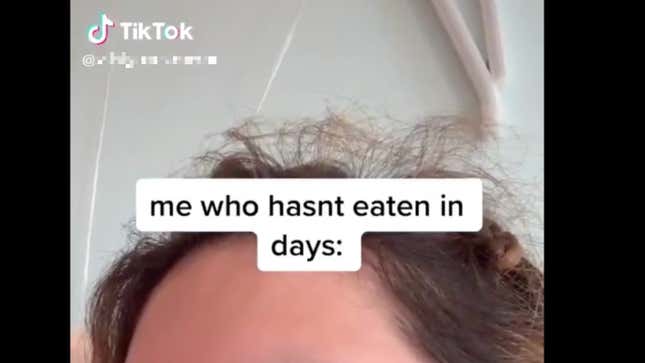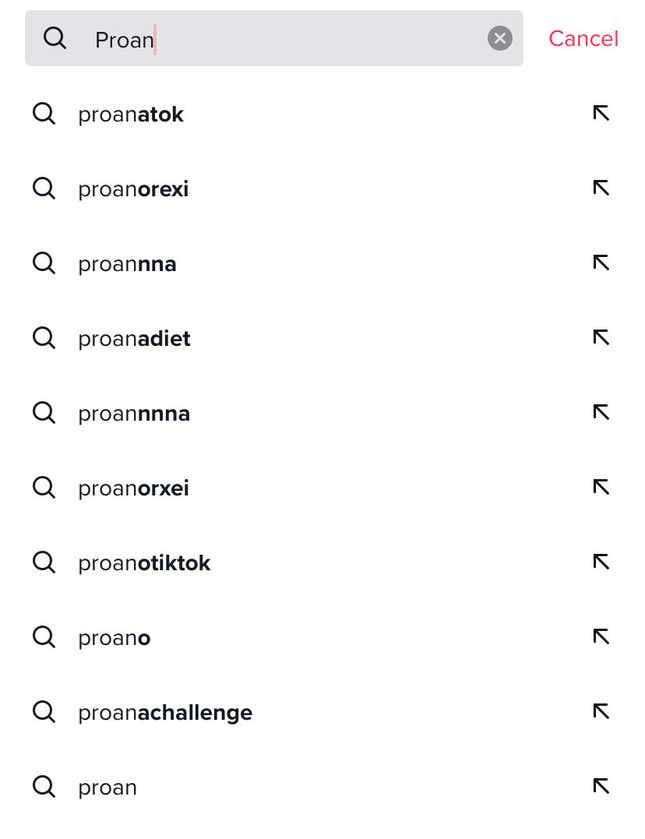TikTok Is Limply Fighting a Losing Battle Against Pro-Eating Disorder Content
Latest

TikTok’s social media rite of passage has arrived: The platform hosts a growing number of pro-eating disorder content, which managers are meeting with a well-meaning but lackluster response.
The Guardian reports that after the publication’s recent investigation into pro-ED and pro-anorexia (pro-ana) content on the popular video app, TikTok has launched an investigation, banned a group of flagged accounts, and banned “harmful phrases across all search verticals.”
A TikTok spokesperson offered the following statement about the changes: “As soon as this issue was brought to our attention, we took action banning the accounts and removing the content that violated those guidelines, as well as banning particular search terms. As content changes, we continue to work with expert partners, update our technology and review our processes to ensure we can respond to emerging and new harmful activities.”
But when I attempted to test TikTok’s filter for myself, and the results were galling. While typing “proana” yielded no results (nor a prompt for helpful resources to aid those who are struggling with EDs), typing “proan” brought up several alternate spellings ripe for ED content, such as “proanarexi” and “proanotok” and “proanachallenge.”

In 2012, Instagram and Tumblr made terms like “thinspo” and “bulimia” unsearchable, eventually adding a prompt for those looking up pro-ED content to seek help. However, some research suggests banning phrases outright might have simply exacerbated the problem. Teens are clever, and by using deliberate misspellings of popular ED search terms (ex: “thinspooo”), they’ve long been able to get ED content past the censors.
-

-

-

-

-

-

-

-

-

-

-

-

-

-

-

-

-

-

-

-

-

-

-

-

-

-

-

-

-

-

-

-

-

-

-

-

-

-

-

-








































